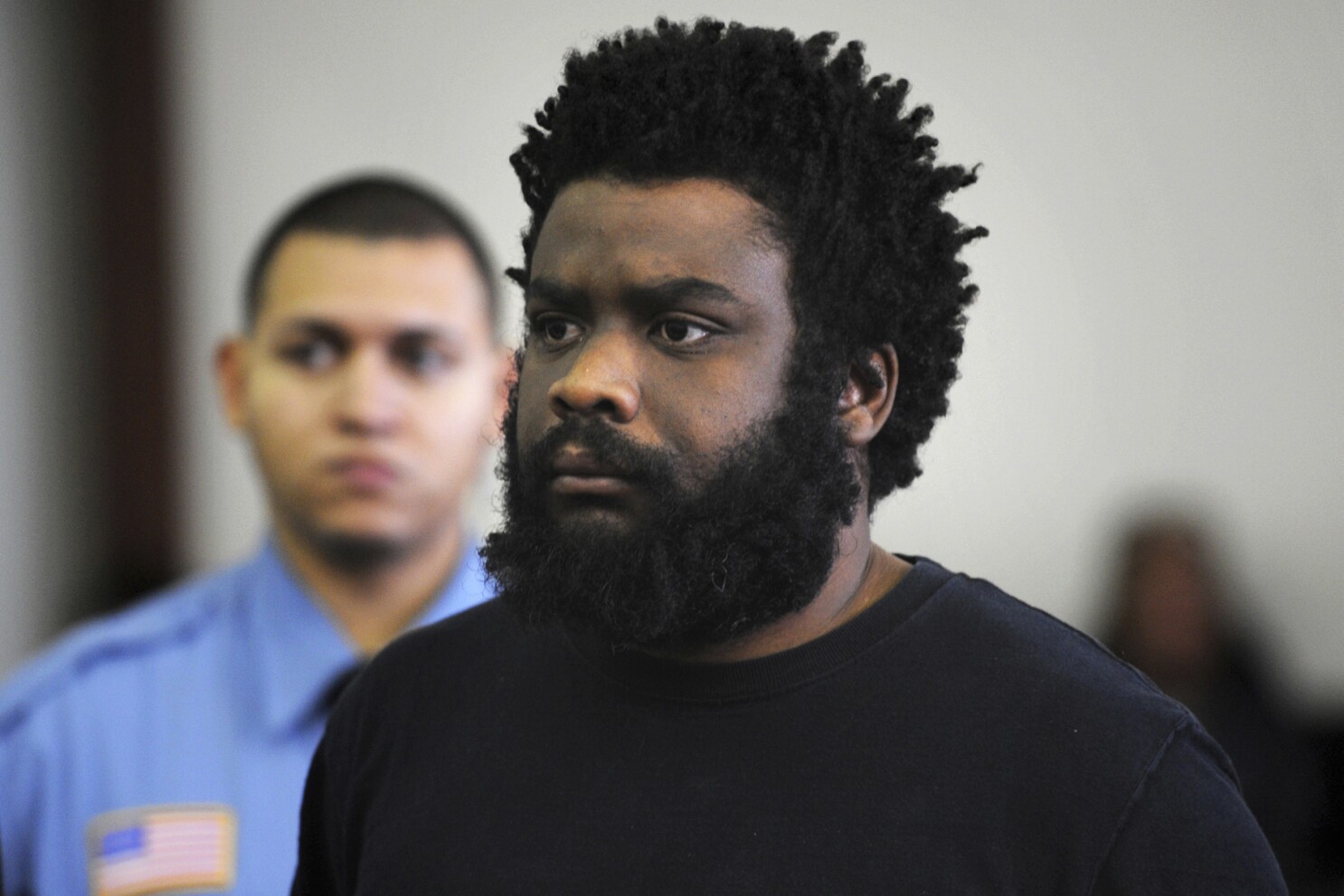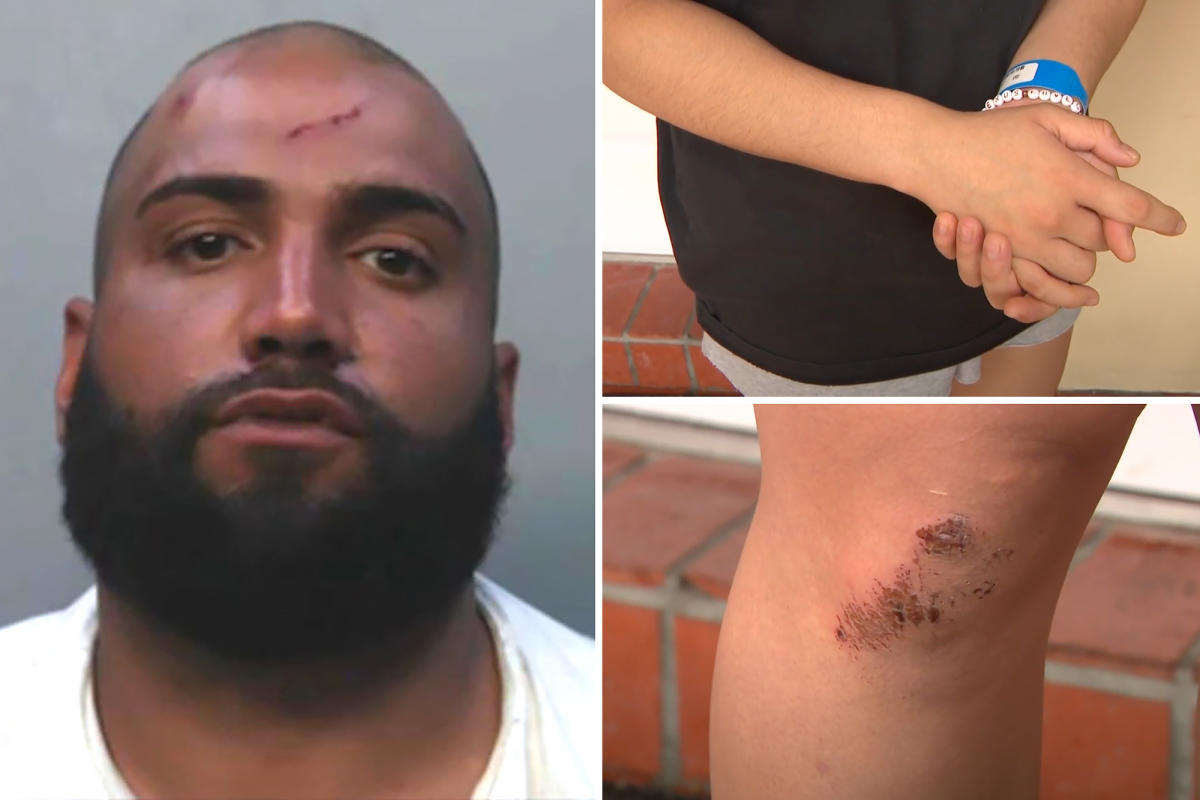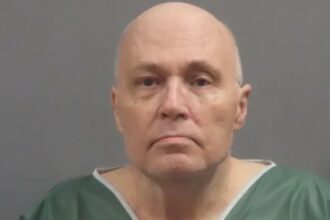A Connecticut man known as the “Bridgeport Cannibal Killer” has been granted a conditional release after spending years in a psychiatric hospital.
Tyree Smith, 36, was found not guilty by reason of insanity for the brutal 2012 killing of Angel Gonzalez.
The case gained nationwide attention after it was revealed that Smith had eaten parts of Gonzalez’s body, including an eyeball and part of his brain.
Smith was granted conditional release on February 22, 2025, after a hearing by the Connecticut Psychiatric Security Review Board. He had been living at the Connecticut Valley Hospital in Middletown.
While initially placed on temporary leave, Smith will now be discharged from the hospital, but with strict supervision and ongoing mental health services.
During the hearing, Dr. Caren Teitelbaum, a forensic psychiatrist, testified that Smith had shown clinical stability and adherence to medications, participating in group therapy and substance abuse treatment.
“Once stable, he became a calming presence for other patients,” she said.

However, the decision has sparked outrage. Lawmakers, including several Republican state senators, have condemned the release as “mind-boggling” and a threat to public safety.
“This terrible decision puts public safety in jeopardy,” they said in a statement. They argued that Smith, given the gruesome nature of his crime, should never be released.
READ ALSO: Mom who dumped newborn in woods wrapped in plastic bag to die sentenced
The victim’s family has also expressed their concerns. Talitha Frazier, the sister-in-law of Angel Gonzalez, attended the hearing and voiced her objections on behalf of the family.
She believes the decision fails to consider the lasting emotional impact on those affected by the crime.
Smith’s release has ignited a broader debate about how the legal system handles cases involving mental illness and the safety of communities.















